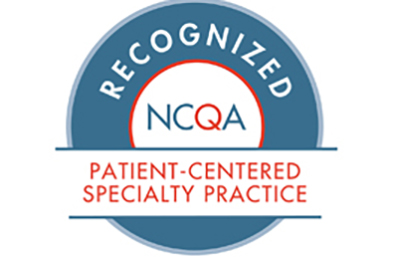Our living donor transplant specialists want to be sure that you are healthy enough to donate without undue risk to yourself and are a good match for the recipient. Our evaluation process includes several steps.
You will meet with a liver specialist. This is a doctor separate from the recipient’s transplant team. They will complete a medical evaluation and serve as your donor advocate throughout your surgery and recovery.
You will complete physical and mental health exams, including:
- A medical history and physical exam to rule out any medical problems
- A surgical evaluation by one of our living donor liver surgeons
- A psychiatry evaluation to make sure you are ready to handle the physical and emotional changes that come with liver donation
- An assessment by a social worker to review your plans for care after the transplant surgery
Once we confirm your blood type, a series of tests will follow. They may include:
- Blood tests to check for transmittable diseases, underlying liver diseases and other serious medical conditions that could make liver donation unsafe
- Cardiac Stress test to show how your heart works during physical activity
- Colonoscopy to check the health of your colon
- Echocardiogram to check your heart’s structure and function
- Electrocardiogram to monitor your heart’s electrical impulses
- Liver biopsy is occasionally needed to examine the quality of the liver tissue and make sure no disease is present
- Pap tests, for women to check for signs of cancer in the cervix
- Pulmonary function tests to determine how well your lungs are working
- Urine test
Imaging tests are used to confirm your health and view and assess your liver tissue. Imaging tests you may have include:
- Chest X-rays to check your lung health
- CT or MRI of the abdomen with IV contrast to see the size and portion of your liver that can be safely donated and to check your liver’s blood supply
- Mammogram for women to check for any breast conditions
- Ultrasound to see your liver and surrounding tissues and organs
Your doctor will decide if any additional testing is needed.
After all of your testing is completed, your case will be discussed in a private conference to ensure that the risk to you is as low as possible and that you and the recipient are a good match. After our transplant team approves you as a living liver donor, we can schedule a date for surgery.






